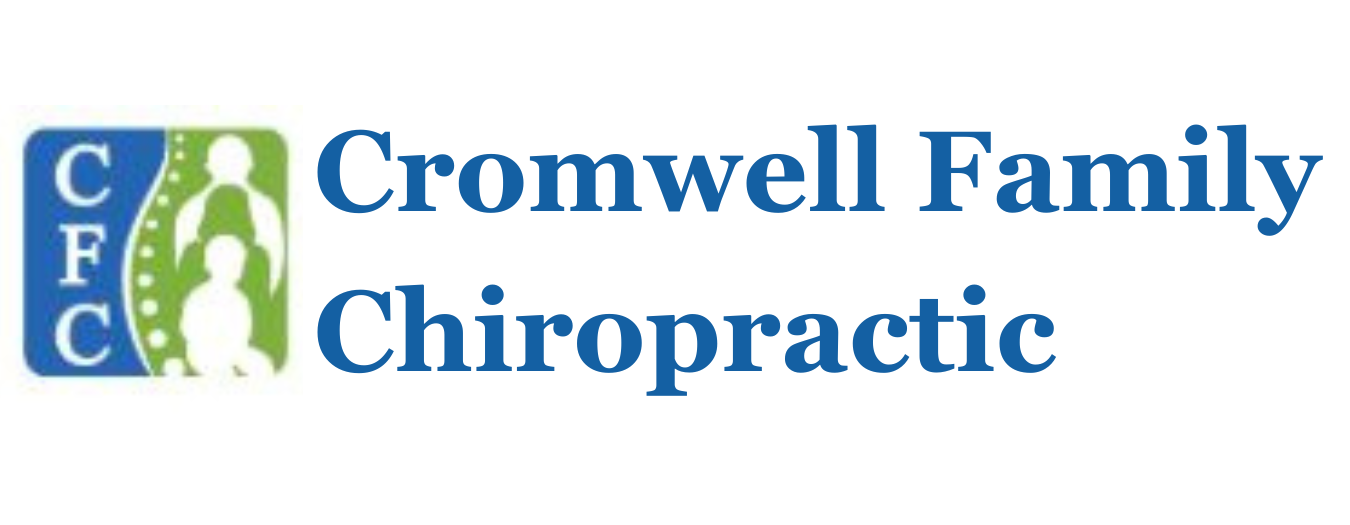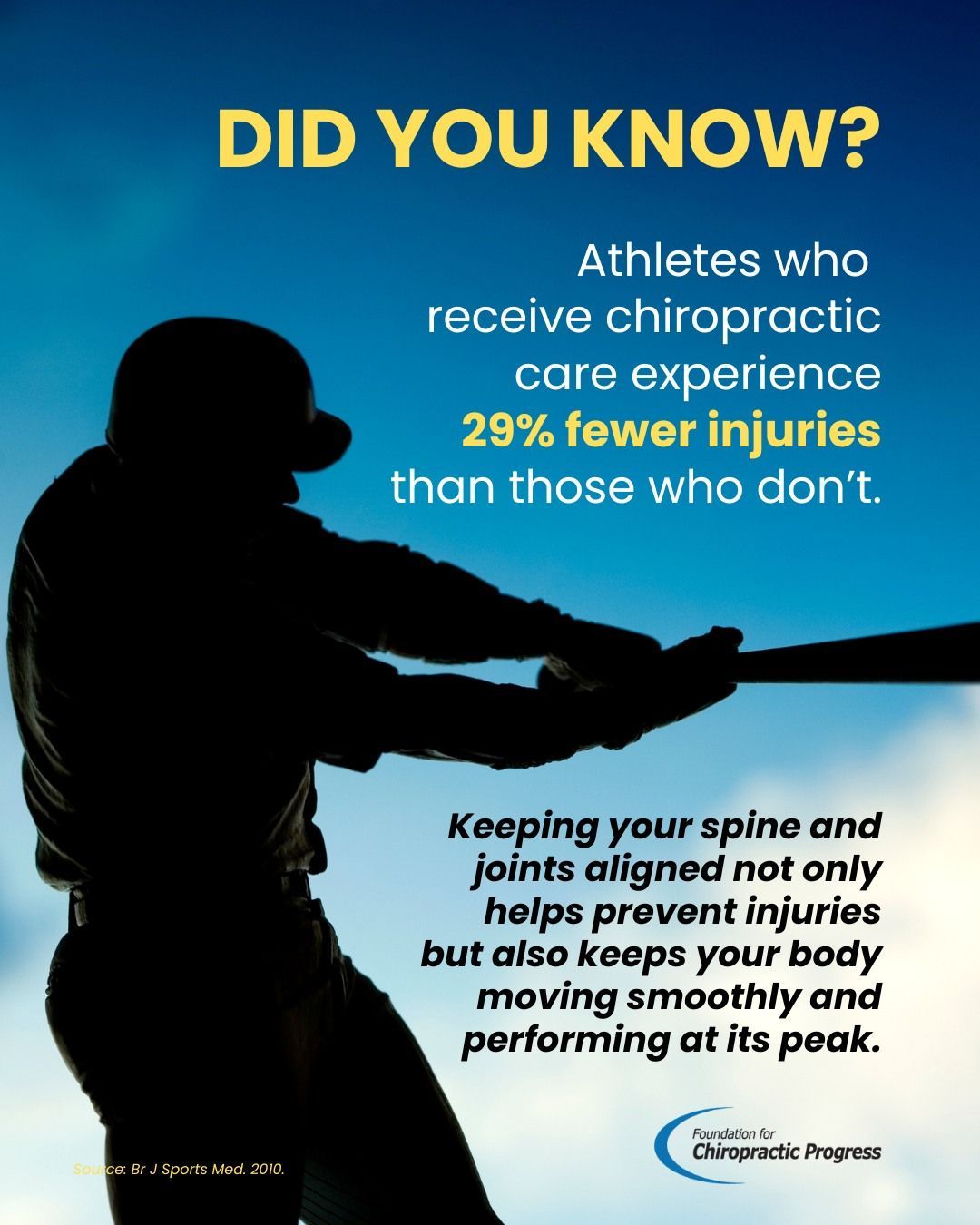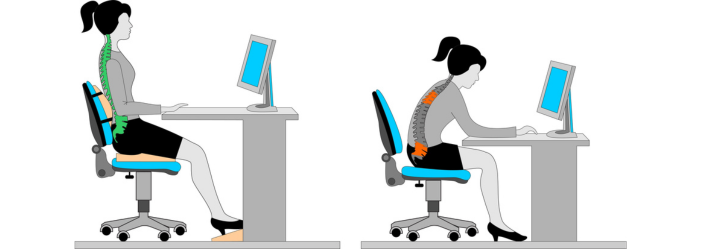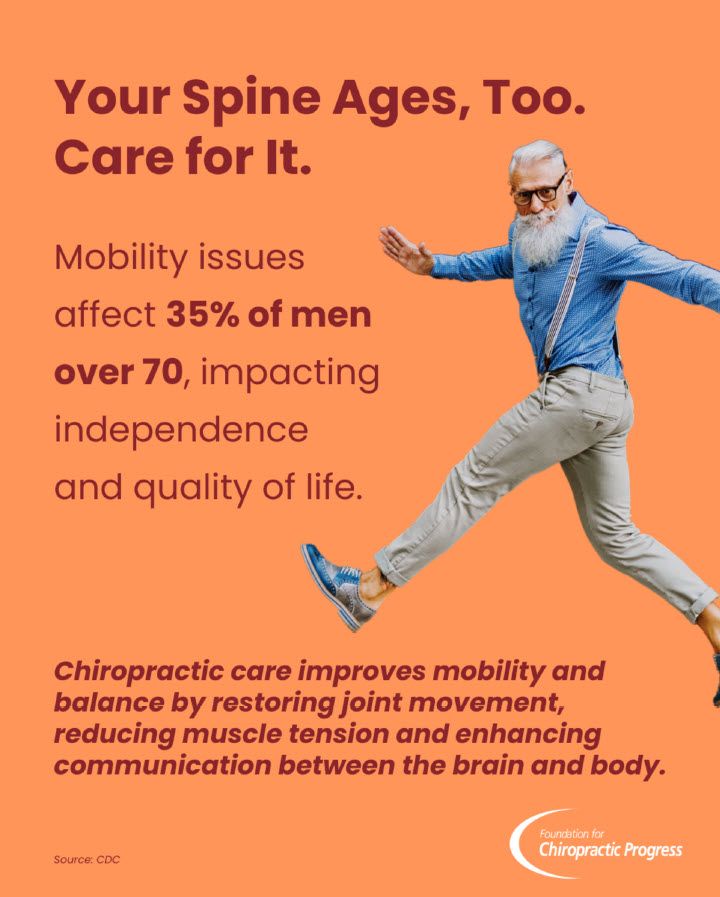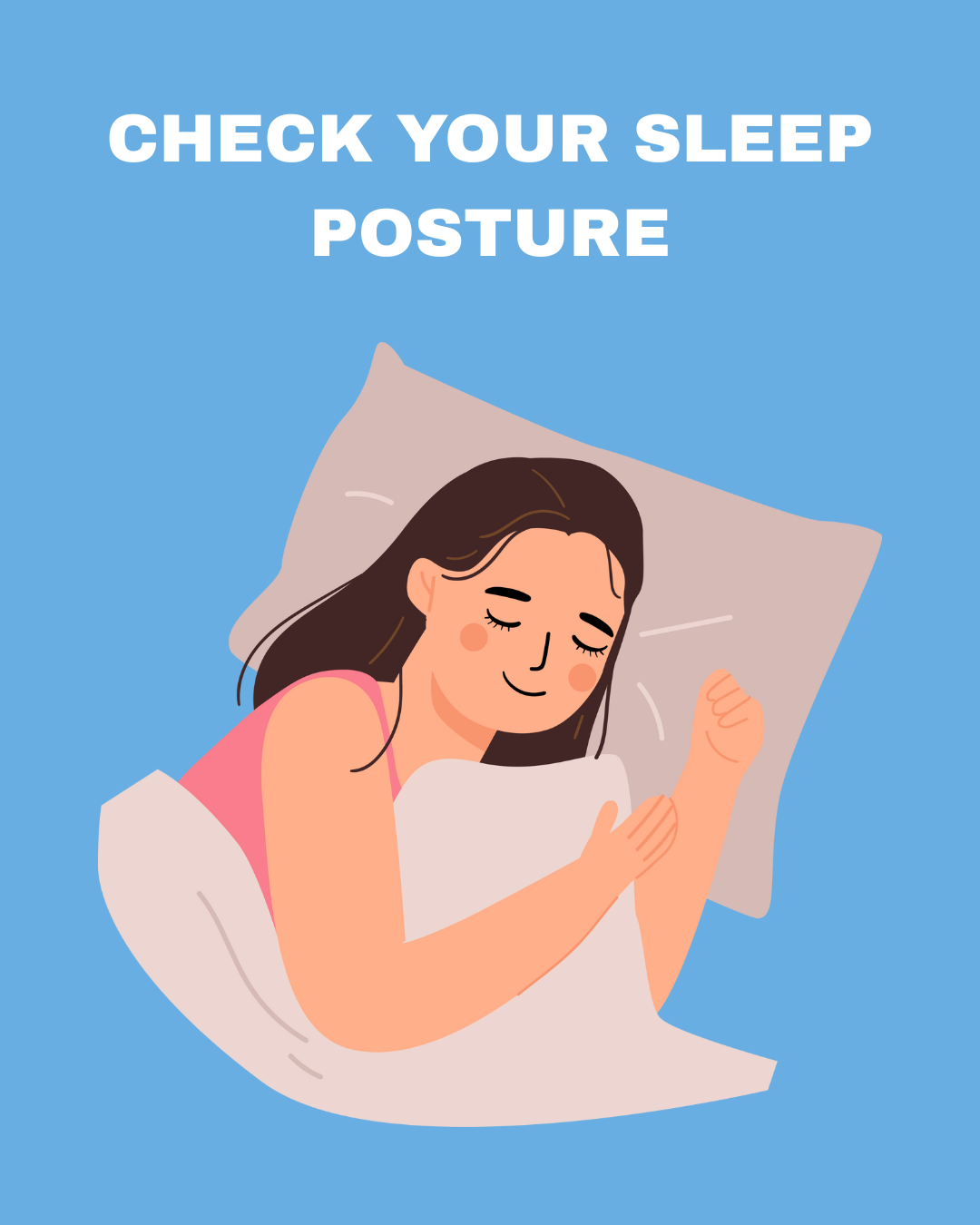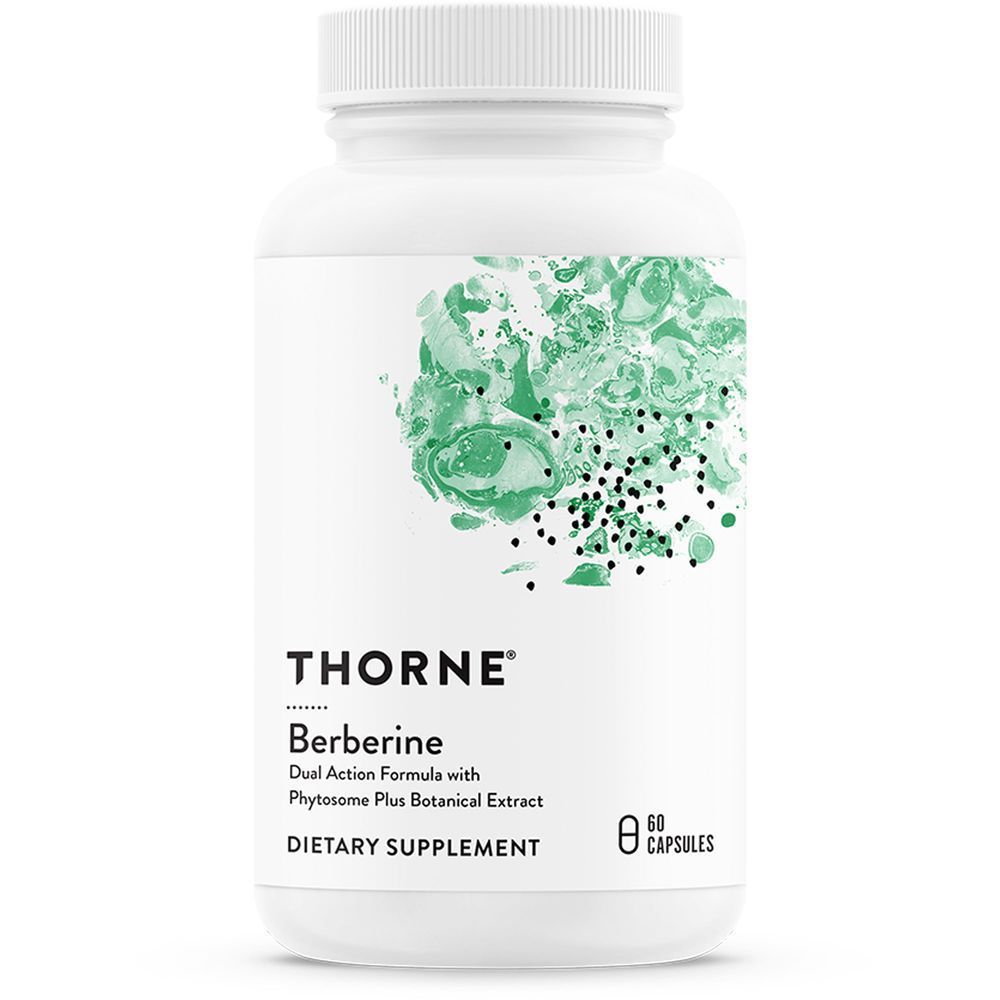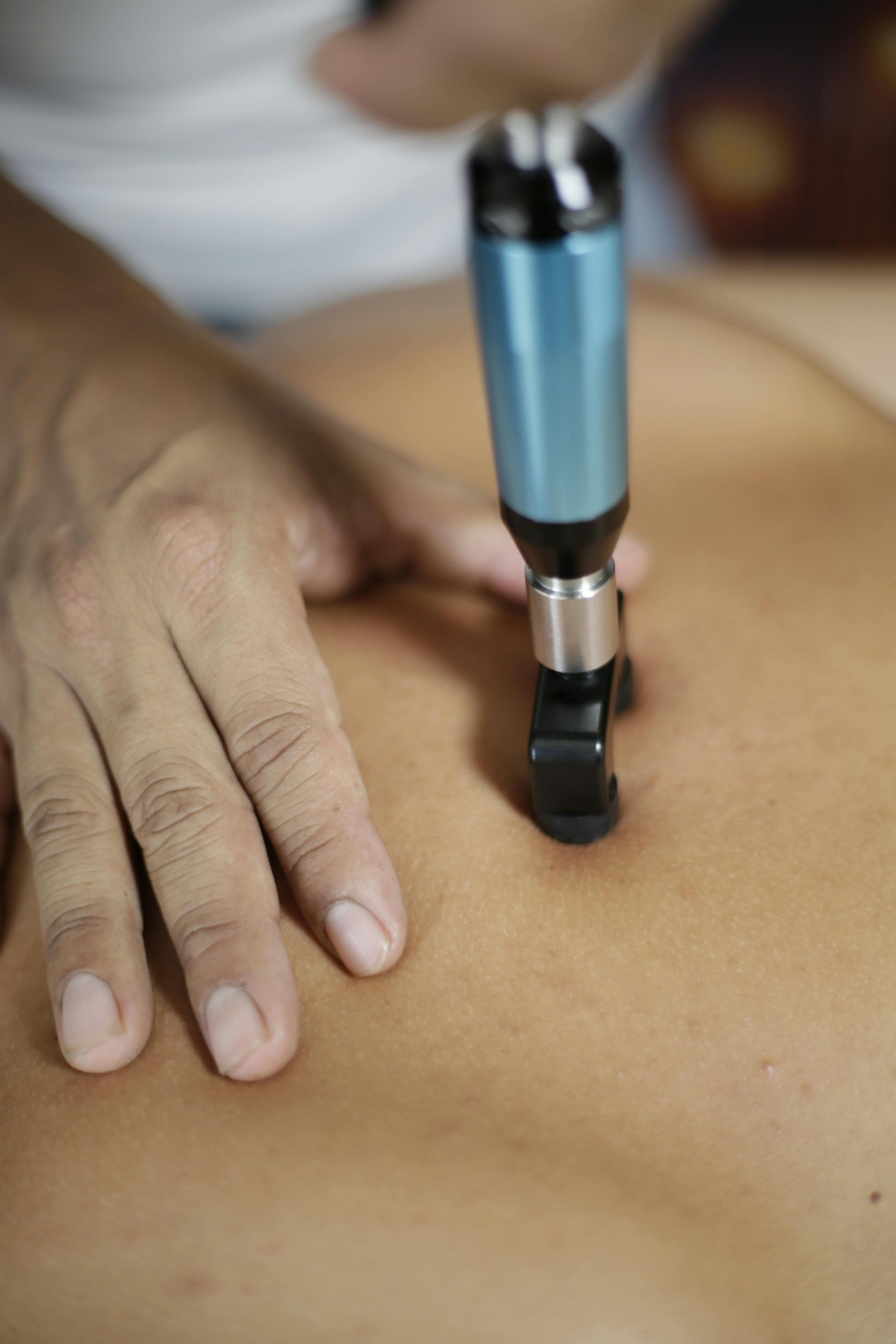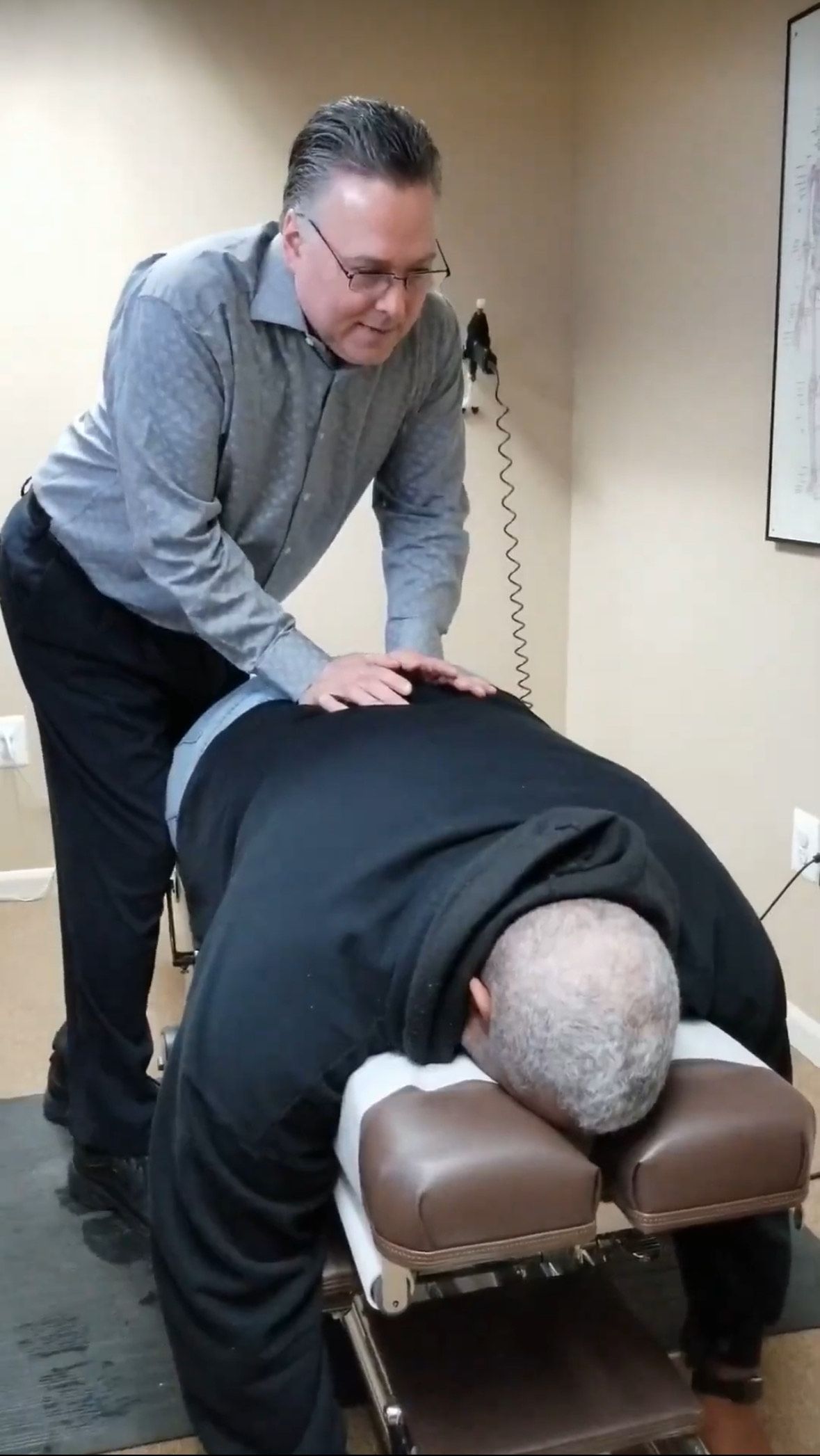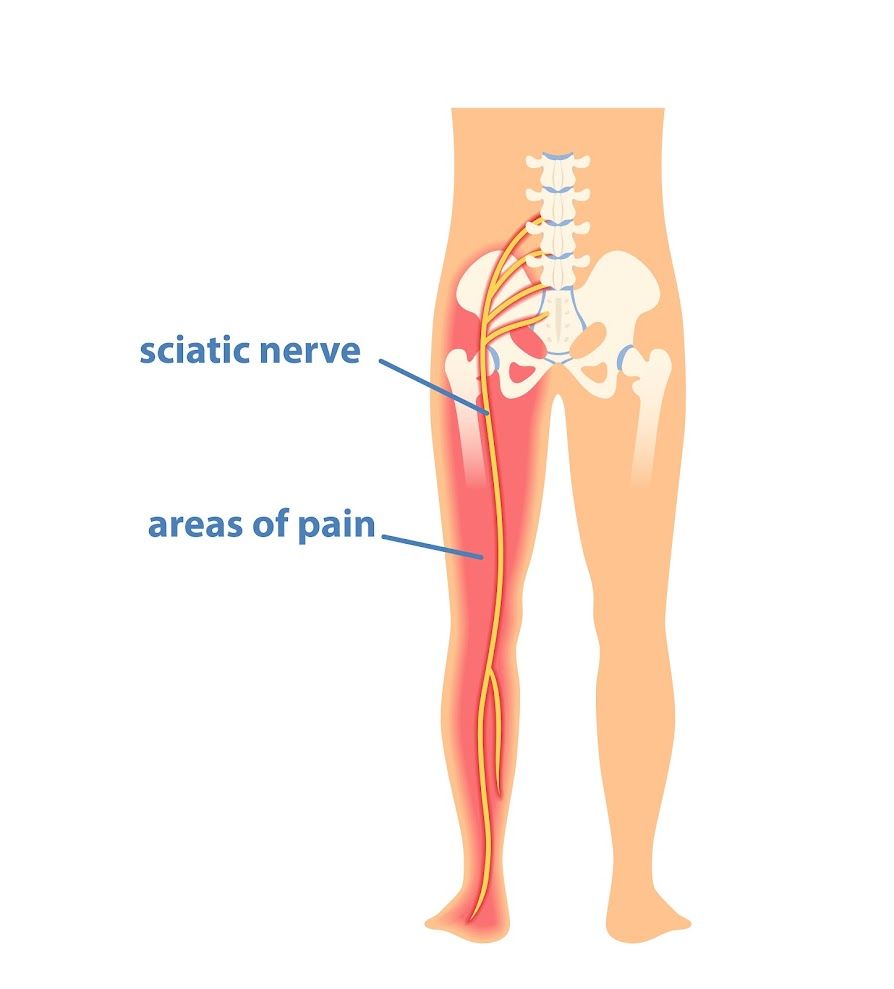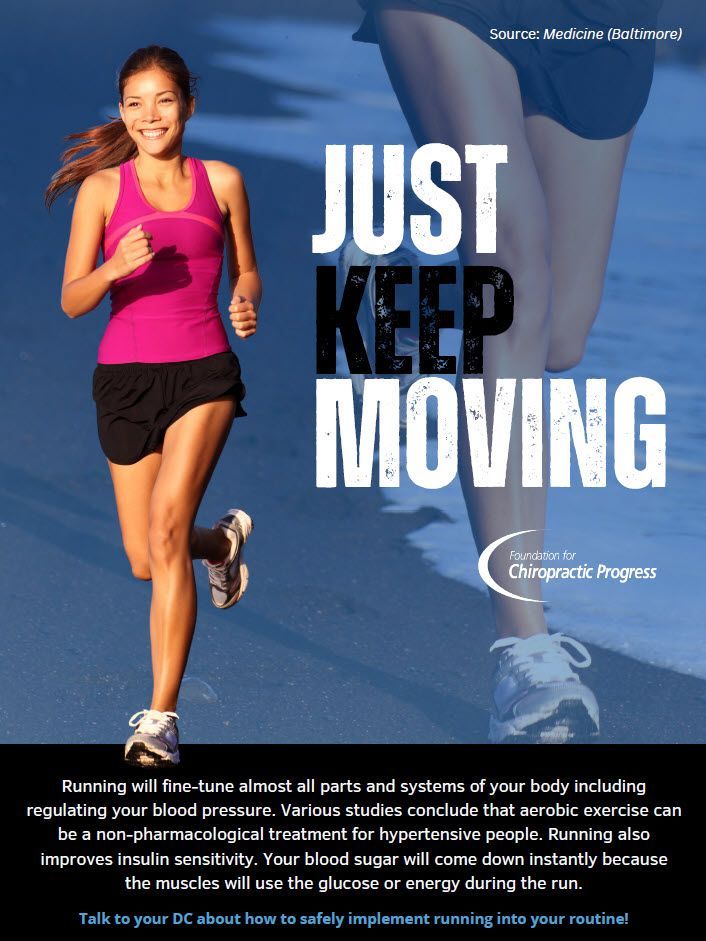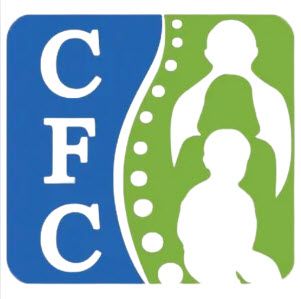Dr. Cromwell Answers: What Treatment Is There For Osteoporosis?
What
is osteoporosis?
Osteoporosis actually means porous bone. “This disease is characterized by too little bone formation, excessive bone loss, or a combination of both, leading to bone fragility and an increased risk of fractures of the hip, spine and wrist.”
Bone is a living and growing tissue that is in a constant state of change. Old bone is removed and new bone is added. When we reach adulthood, bone formation slows down and our bones begin to lose density. Osteoporosis is a disease that progresses over many years often without a person realizing it until a fracture occurs.
If you’re
interested in purchasing supplements, you can visit Dr. C’s Osteoporosis
Protocol
page. If you like to learn more about osteoporosis
and supplements to support this condition keep reading.
Who is at
risk?
- Some people develop osteoporosis without any risk factors.
- Inactivity, lack of exercise.
- Women have the highest risk of osteoporosis, especially the first few years after menopause due to hormonal changes.
- Men who have low testosterone.
- The older you are, the greater your risk.
- Low vitamin D levels and other nutritional deficiencies.
- Small, thin-boned women are at greater risk.
- Not consuming enough bone-building nutrients.
- Although all women are at risk, white and Asian women have higher risk.
- Family history of fractures is a risk factor.
- Long term use of certain medications.
What tests
measure osteoporosis?
According to
the National
Osteoporosis Foundation
you should have a bone density test if:
- you are a woman age 65 or older
- you are a man age 70 or older
- you break a bone after age 50
- you are a woman of menopausal age with risk factors
- you are a postmenopausal woman under age 65 with risk factors
- you are a man age 50-69 with risk factors
A bone density test may also be necessary if you have any of the following:
- an X-ray of your spine showing a break or bone loss in your spine
- back pain with a possible break in your spine
- height loss of ½ inch or more within one year
- total height loss of 1½ inches from your original height
Can
osteoporosis be cured?
It is
possible to slow bone loss and rebuild bone density which can slow the
progression of the disease. The sooner
you realize risk and/or bone loss, the better the outcome. This can be accomplished through lifestyle
changes, supplements and/or medications.
It’s
important to do everything you can for good overall health regardless of the
treatment
What
should I do if I have osteoporosis?
If you have
been diagnosed with osteoporosis work with your doctor and discuss how far it
has progressed and what treatment options are available.
Be sure to
educate yourself on the medications used to treat osteoporosis, the side
effects people experience while on them and the risks associated with them.
Also discuss
and research improving your diet, exercising, and taking natural supplements
that have research backing their efficacy.
Will
exercise help osteoporosis?
Weight bearing exercise and weight lifting are important in the prevention and treatment of osteoporosis. Exercise will help to stimulate the bones to maintain density and support the skeleton to reduce the chance of falls. A recent review discusses how beneficial weight bearing/resistance exercise can be for maintaining and improving bone density. Non weight bearing activities such as swimming and cycling did not have the same effect. Check with your doctor before beginning an exercise program.
Will diet
help osteoporosis?
The standard
American diet is severely lacking in nutrients and whole foods. Many researchers have been trying to pinpoint
what type of diet will help the most when it comes to osteoporosis, and this review
emphasizes a whole-food diet rich in nutrients.
What foods
should you eat for osteoporosis? A
whole-food diet means preparing meals from scratch and avoiding packaged and
fast foods. Eat a variety of vegetables
and fruits in good quantities and quality protein to support a healthy
body. Stay away from soda, unhealthy
packaged snacks and junk food.
What
natural supplements help osteoporosis?
Dr. C has
chosen Bone
Builder Forte™
because it combines nutrients your bones need. It provides calcium, phosphorous, trace
amounts of other minerals and nutrients for bone support in the form of
microcrystalline hydroxyapatite concentrate (MCHC). It also includes vitamin D.
MCHC has been studied
to
successfully decrease the loss of bone. This review
of literature also shows the combination has been successful:
“In a small placebo-controlled randomized trial,
women who took 1000 mg of calcium in the form of hydroxyapatite in conjunction
with oral Vit D showed a significant increase in bone thickness, whereas those
who took 1000 mg of a standard calcium carbonate supplement did not ( figure
4
). 70
Another double-blind
placebo-controlled study found that supplementing with hydroxyapatite and Vit
D3 significantly improved serological markers of bone health. 15
”
Vitamin
K2
is fairly well known for bone
support. This review
states that vitamin K2 supports bone
formation and suppresses bone resorption.
Vitamin
C
intake was found to be protective in a study looking at
exercise and vitamin C intake in Korean men in this study
Summary
It’s important to know the risk factors for
osteoporosis. If you have osteoporosis,
there are natural supplements to help maintain and/or improve bone
density. Dr. C’s Osteoporosis
Protocol
makes it easy to choose and order doctor quality supplements.
Resources:
